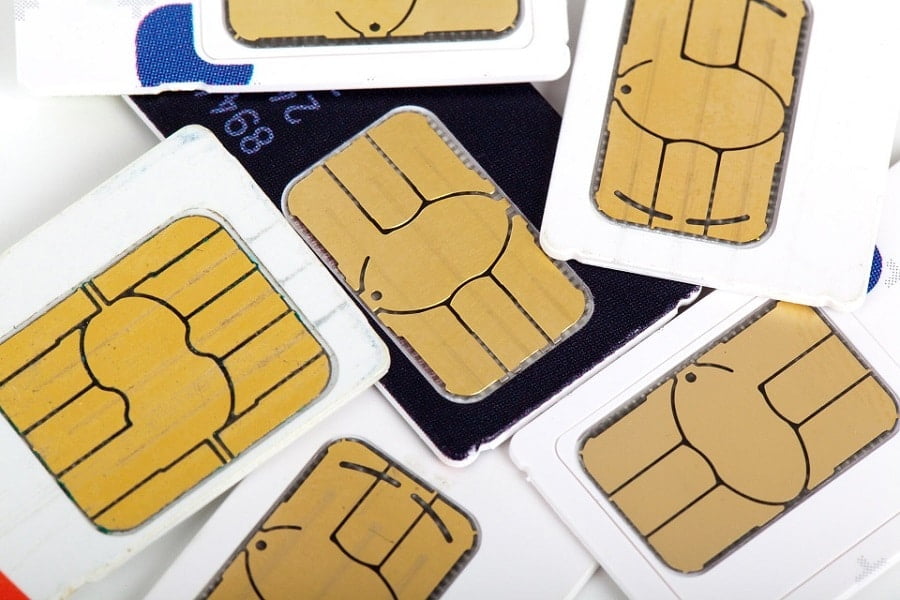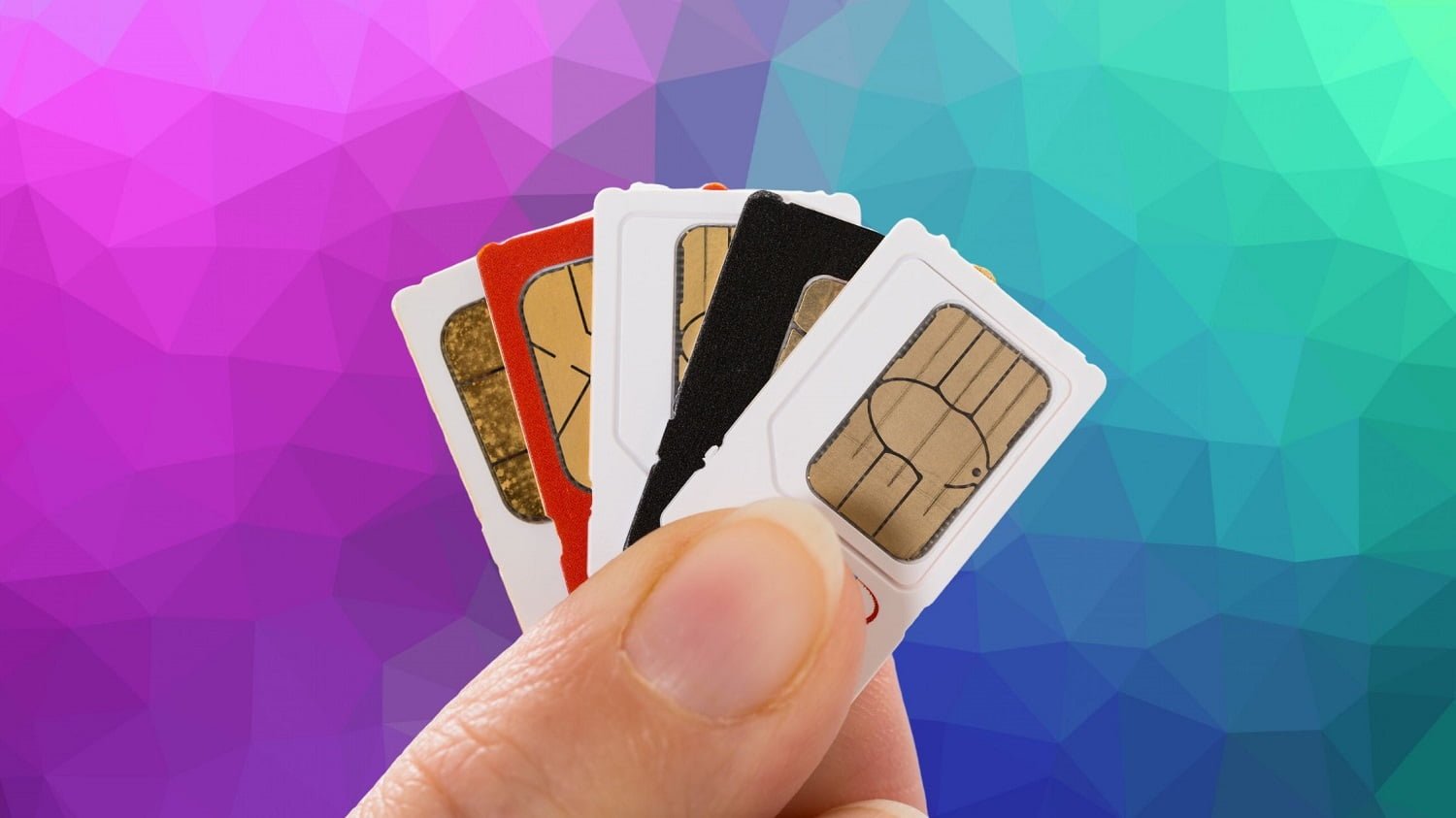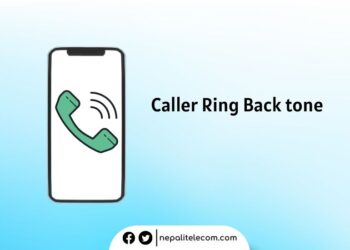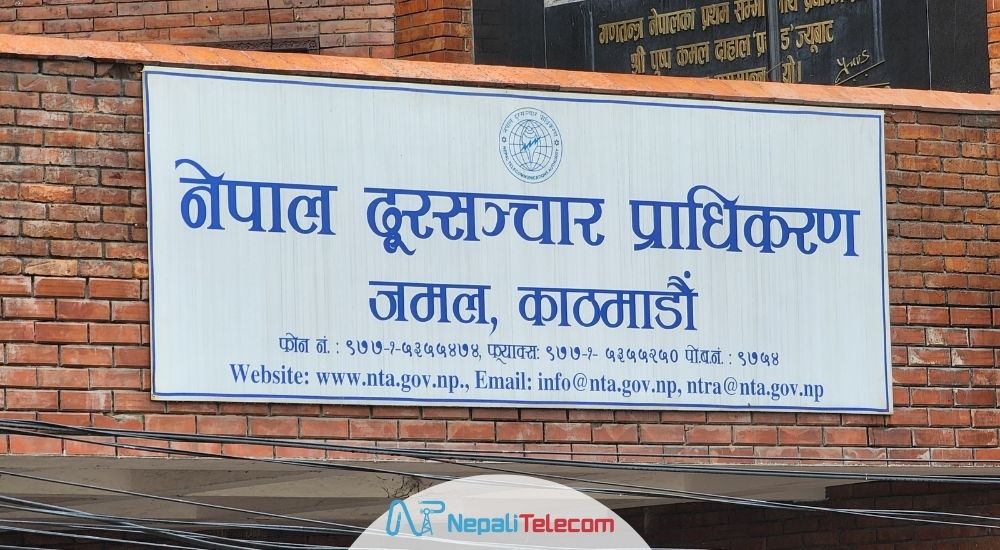From now on, Nepal Telecom Authority (NTA) will not be allowing Nepali citizens to use more than two sim cards of a mobile service provider. Similarly, NTA directs all the mobile operators of Nepal to ban the sale of more than two sim cards to a single person. The NTA board meeting held on Asadh 11, 2077, concluded on this decision.
Now, as per the directive, all the mobile operators cannot sell more than two sim cards per person. The authority directed the telcos to apply the same rule to the SIM cards based in GSM whereas they allow 1 more in case of RIUM card (CDMA service). (Read below)

SIM card distribution provision
Mobile operators were selling sim cards to their customers without taking the count of how many sims one person is buying. There were no strict rules against multiple purchases of sim cards.
From now on, mobile service providers cannot sell more than two sim cards to a person. The company will be keeping a record of the citizenship of the customer as per the new provision initiated not long ago, and the number of sims purchased to keep track of their customers.
Earlier, NTA restricted mobile service operators to sell sim cards without customers submitting their original citizenship, and now they have limited selling sim cards not more than 2 per person.
This has been done to discourage people from misusing SIM cards. It also strengthens data security by reducing the risk of identity theft.
Here are some of the reasons for this number of SIM regulations.
- Prevent the use of the SIM cards for VoIP calls. It is found that the SIM cards used in the illegal call termination were taken in the name of limited individuals.
- Bar from illegal use of SIM cards for banks and financial institutions.
Currently, there are six telecom service providers in Nepal, but only three of them are providing nationwide mobile services. According to the new provision, these three companies can sell up to 6 sim cards to a customer at the rate of 2 sim cards under each company.
Regulations for SIM card distribution
If mobile service providers do not follow the instructions, there is a provision to impose a maximum fine of Rs. 50,000 as per sub-section 1 of section 28 of the Telecommunications Act, 2053 BS. However, it is yet to be decided whether the SIM card of multiple sim cardholders will be returned or closed.
The directive does not mention what actions they will take against the company if they sell more than 2 SIM cards to one person. With the regulations, the telcos need to inform the person for having more than two SIM cards on their name through SMS, Gorkhaptra reports.
As Nepal Telecom owns a separate mobile network in CDMA technology, NTA allows people to own three from Nepal Telecom (2 from GSM and 1 from CDMA).
If you have used more than 2 SIM cards on your name, then you should change the registered name of the SIM card. You can also give back the SIM card to the Telcos which shall be later provided to others. You can also check if the current SIM is registered on your name.
NTA has taken few initiatives in regulating the purchase of SIM cards. They formulated the regulations and informed the operators to prevent unauthorized use of SIM cards.
View
This provision of limiting the purchase of SIM cards by a single customer reduces the misuse of SIM cards, but there are rooms for improvisation. Since people can buy 2 SIM cards from one Telecom company, a person can still buy 6 SIM cards.
If a person can own 6 SIM cards even now, what is the use of prohibiting multiple purchases of SIM cards? So, if NTA can reduce the number of SIM cards a person can own, then the provision may become fruitful.
We suggest you read Nepal Telecom recycles 15 lakhs SIM cards >>
What’s your take on this move by NTA? Share your thoughts on the comment section below.













